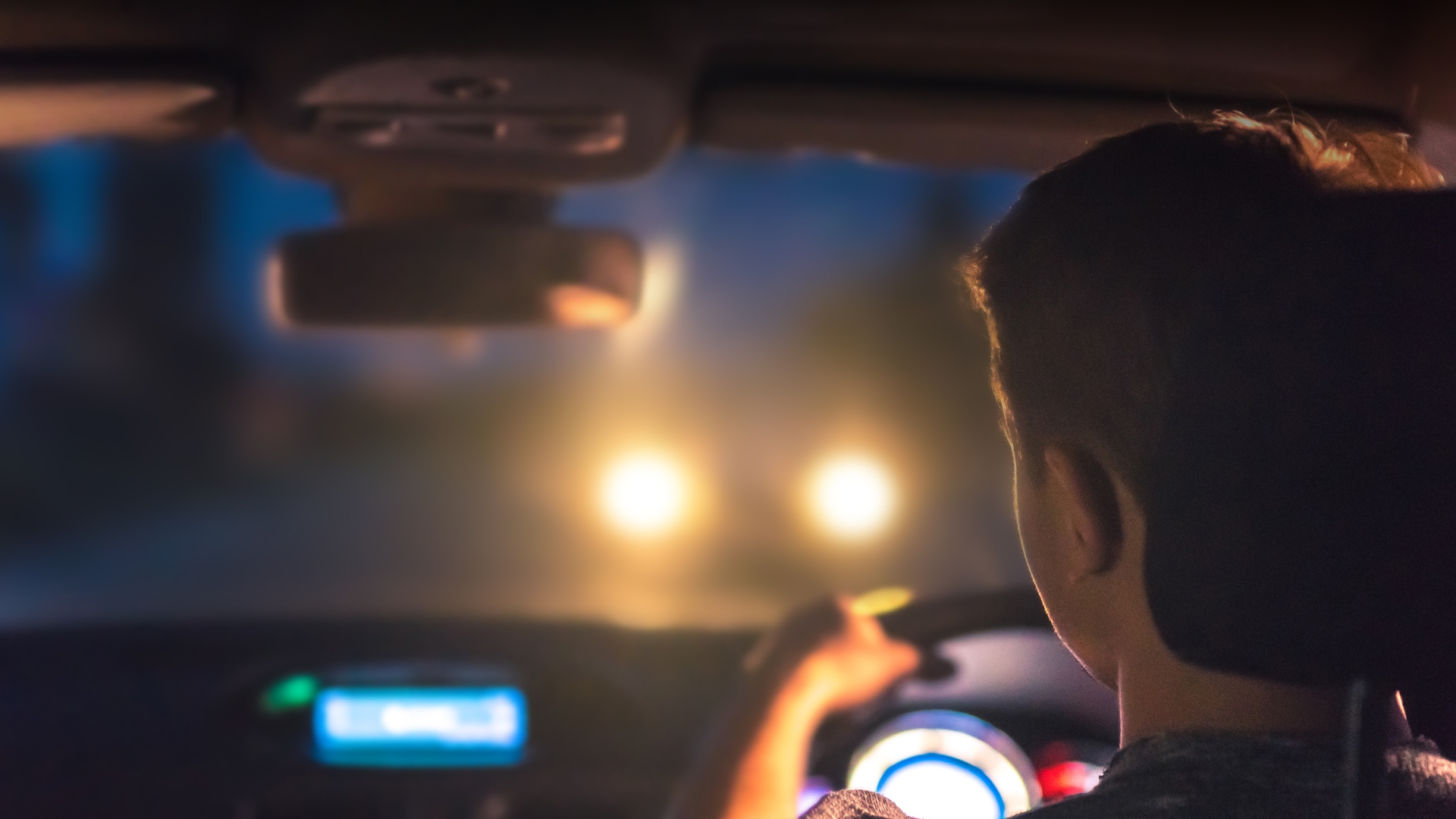Alcohol does affect your vision by slowly impairing your brain functioning. It decreases your ability to drive as well. This is due to its effect on the absorption of Vitamin A in the body.
Vitamin A is essential for good eyesight. It impairs your vision when it can’t be absorbed well in the eye. So, it helps the rods and cones in your retina to produce pigments that help differentiate between colours. Hence, the lack of Vitamin A in your body blocks the production of this pigment in the retina.
When you drink alcohol, it seeps into your eye’s tear film. In turn, the presence of this alcohol component in the tear film distorts the quality of your vision. If you drink excessively, the tear film becomes spoiled over time, leading to driving inability.
Alcohol consumption is one of the leading factors for night accidents. The alcohol you drink mixes with your blood and is circulated throughout your body system. Thus, it reduces your ability to focus on the road.
Your eye’s iris muscles move very slowly in such scenarios. You may end up not seeing a pedestrian crossing the street or another vehicle in front of you or coming from the opposite direction. The culprit is the ethanol component in alcohol.
What should be your ideal approach?
If you intend to drink on a particular evening, make sure you go out with someone, such as a friend, spouse, other family members, etc., who won’t drink and drive. Also, reduce your alcohol consumption and increase your intake of Vitamin A and other nutrients essential for your eyes. This includes Vitamin E, Vitamin C, Lutein, Zeaxanthin and others.
You’ll find many of these nutrients in green leafy vegetables like spinach and kale. Other sources include fruits, deep yellow vegetables, nuts, eggs, deep-sea fish and red lean meat.
Everyone differs in intoxication levels.
Every person has a different degree of intoxication level. Suppose person A gets intoxicated by a particular quantity of alcohol. But person B gets intoxicated at a different level. This changes again for a third person.
A drink or two may not intoxicate a person at night. But two drinks may intoxicate someone else.
So, this affects a person’s ability to see well at night.
This is based on certain factors such as –
- Gender
- A person’s size
- Use of medicines or any other drugs
- Food eaten
- Degree of beverage carbonation
- Mood level
- Type of alcohol consumed such as wine, whiskey, rum or others
- Bodily fatigue
- Body hydration levels
- Bodily tolerance to alcohol
- Elevation
A combination of these factors, or at least a few, affects your ability to see well or drive at night. Hence, the ideal suggestion would be to avoid drinking at night if you’re driving alone. Else, you may go out with a companion who wouldn’t drink.
We, at Sharat Maxivision, have been at the forefront of providing quality eye care for 30 years. This has led us to get very unique recognition in this field. If you need our guidance on the effects of alcohol on your eyes or general eyecare, please feel free to contact us. We’ll be there for you!


